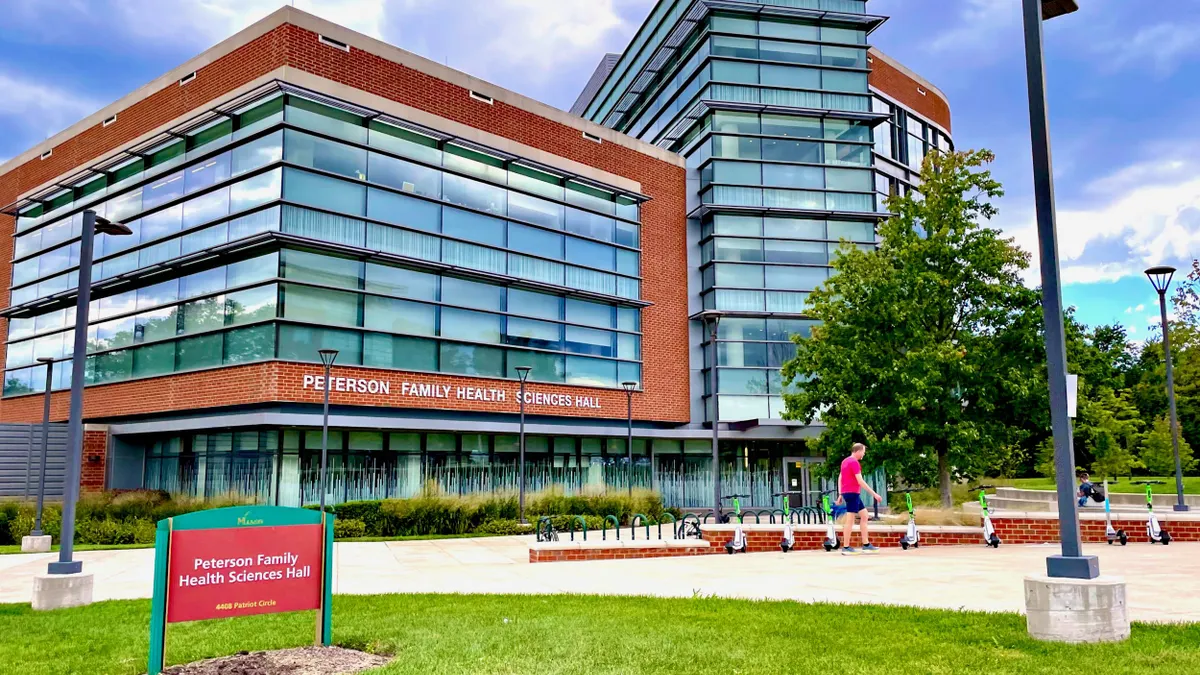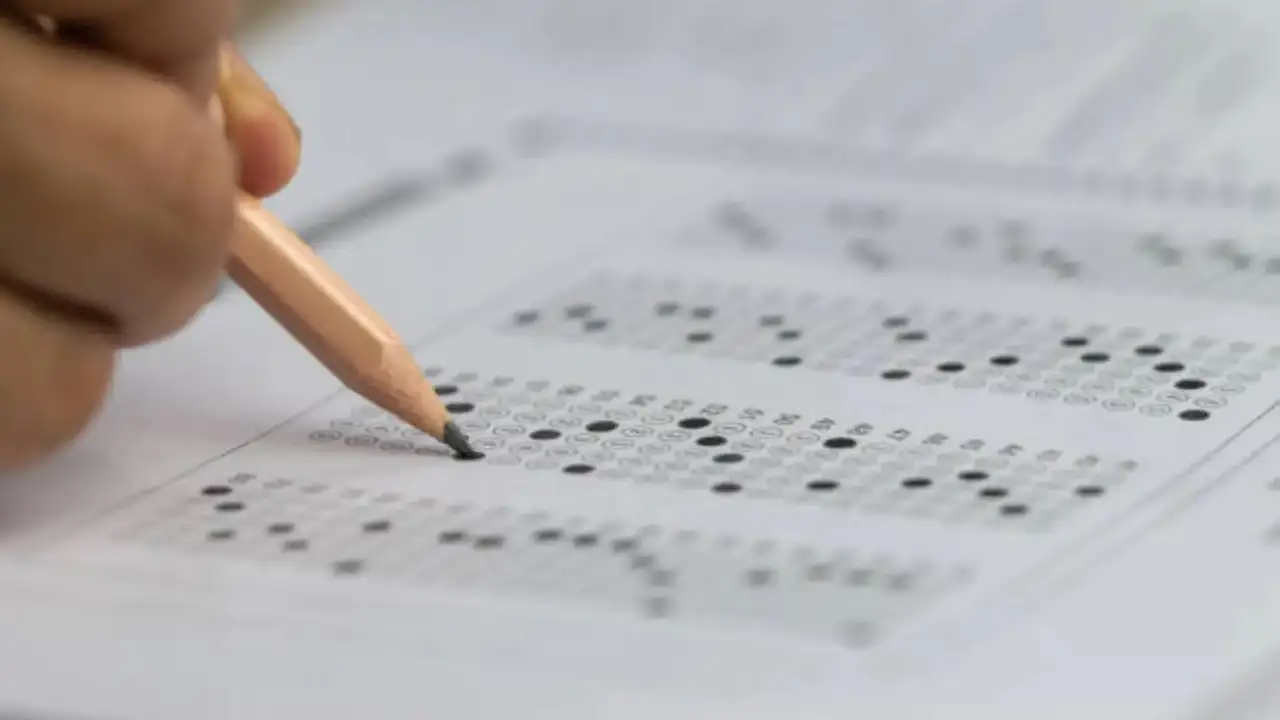
The US Department of Education (DOE) recently made a significant and controversial announcement regarding George Mason University. According to official sources, the department has **alleged that George Mason University violated Title VI of the Civil Rights Act**, a federal law designed to prohibit discrimination based on race, color, or national origin in programs and activities receiving federal financial assistance. This accusation has stirred discussions across the educational and legal communities, highlighting the importance of compliance with civil rights laws in higher education institutions.
Understanding Title VI and Its Implications
What is Title VI?
Title VI of the Civil Rights Act of 1964 is a critical piece of legislation aimed at ensuring equity and fairness in the allocation of resources and opportunities in programs that receive federal funding. It strictly prohibits discrimination on the basis of race, color, or national origin. Institutions such as universities that receive federal aid are required to uphold these regulations to promote an inclusive environment for all students and staff.
Why Are Violations Serious?
Violations of Title VI can lead to severe consequences, including the loss of federal funding, legal actions, and damage to the institution’s reputation. Institutions are expected to monitor their policies, conduct proper training, and ensure that their practices do not inadvertently or intentionally discriminate against protected groups. The Department of Education’s enforcement actions serve as a reminder that civil rights obligations are serious and necessary to uphold the principles of equality.
Details of the Allegation Against George Mason University
The Nature of the Alleged Violation
While the official statement from the DOE does not specify exhaustive details publicly, reports indicate that the Department has found some of George Mason University’s practices inconsistent with federal civil rights laws. The allegations suggest potential issues related to:
- Admissions Practices: Possible disparities or biases in the admissions process that could disproportionately favor or disadvantage certain racial or ethnic groups.
- Student Support Services: Insufficient measures to accommodate students from diverse backgrounds, which could hinder their academic success and integration.
- Campus Climate and Diversity Initiatives: Lack of effective policies or programs to promote diversity, equity, and inclusion across campus.
Response From George Mason University
In response to the allegations, George Mason University has expressed its commitment to compliance and cooperation with federal authorities. The university officials stated that they are reviewing the Department of Education’s concerns and are dedicated to addressing any potential gaps to ensure a fair and equitable environment for all students. The institution emphasizes its ongoing efforts to foster diversity and inclusion, but also recognizes the importance of adhering strictly to federal civil rights laws.
Legal and Educational Implications
Potential Outcomes of the Allegation
If the Department of Education’s allegations are upheld, George Mason University could face several ramifications:
- Mandatory Policy Reforms: The university may be required to revise its admissions policies, support systems, and campus climate initiatives to correct identified issues.
- Increased Oversight: The institution might undergo regular audits and monitoring by federal agencies to ensure ongoing compliance.
- Legal Proceedings: In extreme cases, legal actions including civil penalties or lawsuits could follow if violations are proven.
- Reputational Impact: Public trust and reputation could suffer, which might influence future enrollment and funding opportunities.
The Broader Context of Civil Rights Enforcement
This incident at George Mason is not isolated but part of a broader effort by federal agencies to enforce civil rights laws within educational institutions. The DOE has prioritized reviewing compliance and addressing disparities that hinder equal access and treatment in higher education. Many universities are now more vigilant, enhancing their policies around admissions, campus diversity, and student services to avoid similar allegations or penalties.
Implications for Higher Education Institutions
What Can Other Universities Learn?
This case serves as a crucial reminder for all higher education institutions to reassess their adherence to Title VI and related civil rights laws. Universities should consider:
- Regular Audits and Policy Reviews: Periodically examine admissions procedures, campus policies, and support services for compliance.
- Staff Training and Awareness: Educate faculty and administrative staff about civil rights laws and the importance of non-discrimination.
- Enhancement of Diversity Programs: Invest in initiatives that promote inclusion, cultural competency, and support for minority and underrepresented students.
- Feedback and Complaint Mechanisms: Establish clear channels for students and staff to report concerns related to discrimination or bias.
Legal Expertise and Institutional Responsibility
Universities should also work closely with legal experts specializing in civil rights law to ensure their policies are compliant and to prepare for compliance audits. Proactive measures can mitigate risk and promote an environment where diversity is genuinely valued and protected.
The Road Ahead for George Mason University and Similar Institutions
George Mason University now faces an important period of review and possible reform. This situation underscores the necessity for higher education institutions to be continuously vigilant about civil rights compliance. As the department moves forward with its investigation, the university has the opportunity to demonstrate its commitment to rectifying issues, improving practices, and reinforcing a culture of inclusivity.
The outcome of this case could set a precedent and influence policy adjustments nationwide. Institutions should learn from this incident to strengthen their frameworks around civil rights and ensure they are fostering a truly equitable environment for their diverse student body.
Conclusion
The allegations against George Mason University by the US Department of Education highlight the ongoing importance of civil rights compliance in higher education. While investigations and legal proceedings are still in progress, this case serves as a wake-up call for institutions nationwide to scrutinize their policies and practices critically. Upholding Title VI isn’t just a legal obligation—it’s a moral imperative to ensure that every student has equal access to education and support, regardless of their racial or ethnic background.
Whether or not violations are confirmed, the lesson is clear: **Diversity and inclusion must be actively cultivated and protected in higher education environments**. Universities that prioritize civil rights compliance will be better positioned to create enriching, equitable, and inclusive campuses for all students.
For more updated news please keep visiting Prime News World.








